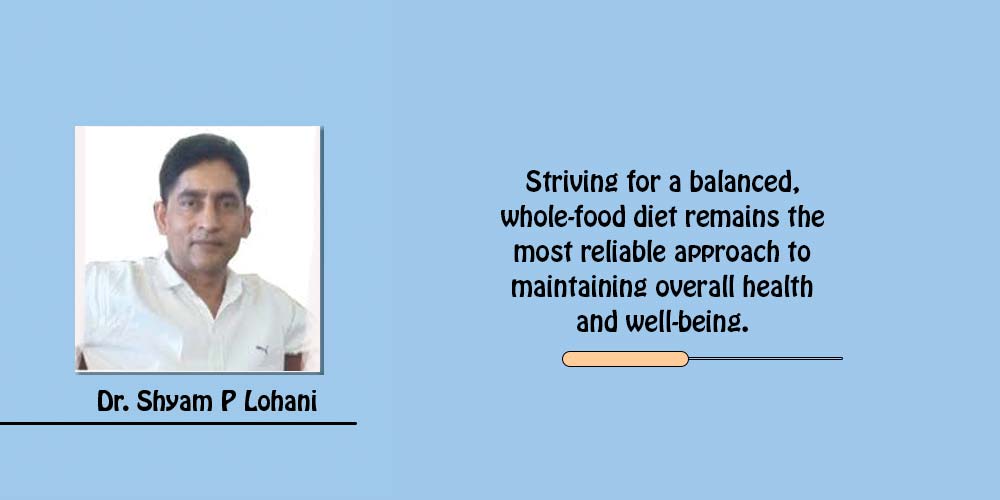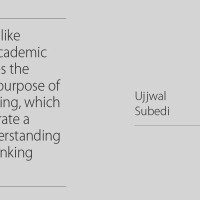- Sunday, 12 May 2024
Controversies Of Non-sugar Sweeteners
In recent years, non-sugar sweeteners have gained immense popularity as a seemingly healthier alternative to sugar. Marketed as calorie-free or low-calorie options, these artificial sweeteners have found their way into countless products, from diet sodas to sugar-free snacks. However, beneath their sweet facade lies a growing body of evidence suggesting that these non-sugar sweeteners may not be as harmless as they seem. These sweeteners are often marketed as a healthier alternative to sugar, but the truth is that they may not be as good for us as we think.
Non-sugar sweeteners have become increasingly popular in recent years as people look for alternatives to traditional sugar. One of the main reasons why non-sugar sweeteners have gained popularity is their ability to provide sweetness without the calories and negative health effects associated with sugar. This makes them a great option for people looking to reduce their sugar intake or manage conditions such as diabetes or obesity.
Controversies
However, there has been some controversy surrounding the safety of non-sugar sweeteners. Some studies have suggested that certain artificial sweeteners may have negative health effects, such as disrupting gut bacteria, increasing the risk of metabolic syndrome, or even causing cancer. While these claims are still being debated, it is important for consumers to be aware of the potential risks and make informed choices about their sweetener consumption.
Non-sugar sweeteners, such as aspartame, saccharin, and sucralose, may have adverse effects on our metabolic balance. Research has shown that these sweeteners can disrupt the body's natural ability to regulate blood sugar levels, leading to metabolic dysfunction. This disruption can potentially contribute to conditions like insulin resistance, obesity, and type 2 diabetes.
One of the most concerning aspects of non-sugar sweeteners is their impact on hunger and appetite regulation. Studies have indicated that consuming these sweeteners can confuse the brain's reward system, leading to increased cravings for sugary foods and overall higher calorie intake. This paradoxical effect can undermine weight management efforts and contribute to overeating, ultimately negating the intended benefits of using non-sugar sweeteners.
Emerging research suggests that non-sugar sweeteners may negatively impact the delicate balance of our gut microbiota. These artificial sweeteners have been found to alter the composition and diversity of gut bacteria, potentially leading to various health issues. Imbalances in gut microbiota have been linked to conditions such as obesity, metabolic disorders, and even mental health problems.
Contrary to their intended purpose of reducing sugar cravings, non-sugar sweeteners may actually foster addictive behaviors. The intense sweetness of these artificial sweeteners can desensitize taste buds, making naturally sweet foods less satisfying over time. This can create a cycle of dependence on artificially sweetened products, perpetuating a preference for highly processed foods and hindering the adoption of a healthier, balanced diet.
One of the main concerns with non-sugar sweeteners is that they can actually increase our cravings for sweet foods. When we consume sweeteners, our bodies still expect to receive the calories that come with sugar. When those calories don't come, our bodies can become confused and crave more sweet foods to make up for the missing calories leading to overeating and weight gain.
Beyond the physical effects, non-sugar sweeteners can also have psychological consequences. Some studies have indicated that consuming artificial sweeteners may lead to increased feelings of guilt and dissatisfaction with food choices. This negative emotional relationship with food can contribute to disordered eating patterns, including restrictive behaviors and an unhealthy fixation on calorie counting.
Non-sugar sweeteners can be a valuable alternative to traditional sugar for those looking to reduce their sugar intake or manage certain health conditions. While there may be some concerns about their safety, they can still be a useful tool when consumed in moderation. As with any food or beverage, it is important to be informed about the potential risks and benefits of non-sugar sweeteners and make choices that align with your personal health goals.
Despite these concerns, non-sugar sweeteners can still be a useful tool for those looking to reduce their sugar intake. They can help satisfy cravings for sweetness without the negative health effects of sugar, making it easier to stick to a healthy diet. Additionally, they can be a helpful tool for individuals with certain health conditions that require them to limit their sugar intake.
Informed choices
So what can we do to reduce our reliance on non-sugar sweeteners? One option is to simply cut back on our overall intake of sweet foods. By reducing our consumption of sugary treats and drinks, we can train our taste buds to crave less sweetness overall. Another option is to experiment with natural sweeteners, such as honey, maple syrup, and stevia. While these sweeteners still contain calories, they may be a healthier alternative to non-sugar sweeteners. Ultimately, the key is to be mindful of our sweetener consumption and to make choices that support our overall health and well-being. By reducing our reliance on non-sugar sweeteners, we can take an important step towards a healthier, more balanced diet.
While non-sugar sweeteners may seem like a promising solution to reduce sugar intake and manage weight, their potential harmful effects cannot be ignored. Disrupting metabolic balance, misleading hunger signals, altering gut microbiota, fostering addiction, and impacting psychological well-being are just a few of the concerns associated with these artificial sweeteners. As consumers, it is crucial to be aware of the potential risks and make informed choices about our dietary habits. Striving for a balanced, whole-food diet remains the most reliable approach to maintaining overall health and well-being.
(Dr. Lohani is the executive director at the Health Concern. lohanis@gmail.com)










1-original-thumb.jpg)
-original-thumb.jpg)



